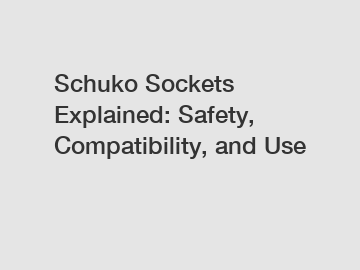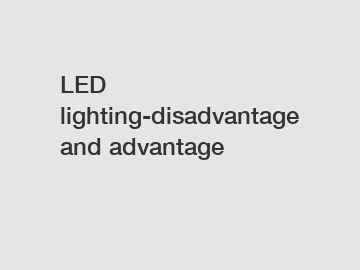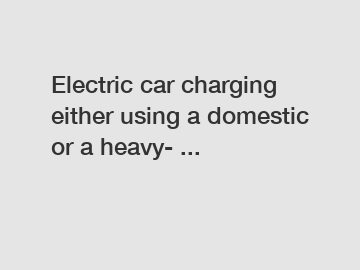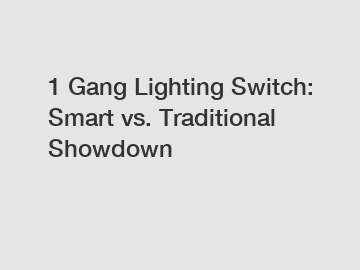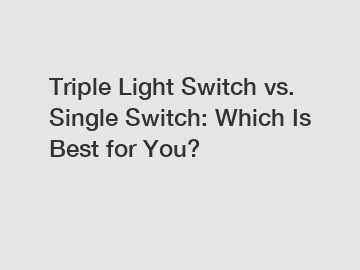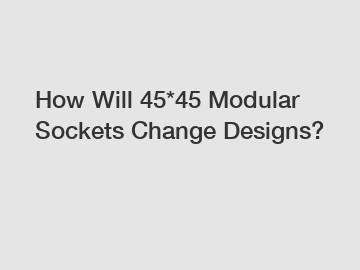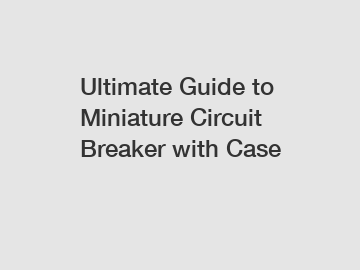How Microgrids Benefit from Hybrid Storage Inverters
Microgrids are revolutionizing the way we generate and utilize energy, providing a sustainable and reliable alternative to traditional centralized power systems. By combining renewable energy sources like solar and wind with advanced storage and control technologies, microgrids are able to operate independently or in conjunction with the main grid, offering a range of benefits to both communities and businesses.
One of the key components of a successful microgrid system is the hybrid storage inverter. These advanced devices play a crucial role in ensuring the efficient and reliable operation of the microgrid, by managing the flow of energy between the various sources and loads, while also providing storage capabilities for excess energy generated.
Hybrid storage inverters are designed to work seamlessly with a variety of renewable energy sources, allowing for maximum flexibility and efficiency in the generation and distribution of power. By integrating solar panels, wind turbines, and battery storage systems into a single, cohesive unit, these inverters are able to intelligently balance the supply and demand of electricity within the microgrid, optimizing energy use and reducing reliance on the main grid.
But what exactly are the benefits of using hybrid storage inverters in a microgrid system? Let's take a closer look at some of the key advantages:
1. Enhanced reliability and resilience.
One of the primary advantages of using hybrid storage inverters in a microgrid is the enhanced reliability and resilience they provide. By combining multiple sources of renewable energy with energy storage capabilities, microgrids are able to continue operating even in the event of grid outages or extreme weather events. This means that critical infrastructure, such as hospitals, military bases, and remote communities, can maintain power even when the main grid is down.
2. Increased efficiency and cost savings.
Hybrid storage inverters help to optimize the flow of energy within the microgrid, ensuring that power is generated, stored, and distributed in the most efficient manner possible. This not only reduces waste and improves overall energy efficiency but can also result in significant cost savings for microgrid operators. By reducing reliance on expensive fossil fuels and grid-supplied electricity, hybrid storage inverters can help to lower operating costs and improve the long-term sustainability of the microgrid.
Additional reading:10 Reasons Why Knowing About Platinum Coated Titanium Electrodes Is Essential
How Does Miniature Circuit Breaker Function with Enclosure?
How to Choose the Right PG Type Metal Cable Connector?
Key Questions to Ask When Installing a Schuko Wall Socket
10 Questions You Should Know about HDMI Cable Types
What is a direct drive exhaust fan?
Key Questions to Consider When Choosing a Schuko Wall Socket
3. Seamless integration of renewable energy sources.
Renewable energy sources like solar and wind are inherently variable, with output levels that can fluctuate depending on factors such as weather conditions and time of day. Hybrid storage inverters help to smooth out these fluctuations by intelligently managing the flow of energy within the microgrid. By storing excess energy generated during peak times and releasing it when demand is high, these devices help to ensure a steady and reliable power supply, regardless of external conditions.
4. Scalability and flexibility.
One of the key advantages of using hybrid storage inverters in a microgrid is their scalability and flexibility. These devices can be easily integrated into existing systems or added to new installations, allowing for seamless expansion and customization to meet the specific needs of the microgrid. Whether a small community looking to reduce its carbon footprint or a large industrial facility seeking to improve energy resilience, hybrid storage inverters offer the versatility and adaptability required to support a wide range of applications.
5. Environmental benefits.
By enabling the integration of renewable energy sources like solar and wind into the microgrid, hybrid storage inverters help to reduce greenhouse gas emissions and minimize the environmental impact of energy generation. By displacing fossil fuels with clean, renewable energy, microgrids powered by hybrid storage inverters can play a crucial role in combating climate change and creating a more sustainable energy future for generations to come.
In conclusion, hybrid storage inverters are a critical component of modern microgrid systems, offering a range of benefits that can help to enhance reliability, efficiency, and sustainability. By seamlessly integrating renewable energy sources, optimizing energy flow, and providing storage capabilities, these devices are able to support a wide range of applications, from small communities to large industrial facilities. As the demand for clean, reliable energy continues to grow, hybrid storage inverters will play an increasingly important role in shaping the future of energy generation and distribution.
If you are looking for more details, kindly visit Microgrids hybrid storage inverter, solar panel string inverter price, Solar plus storage inverter.
Additional reading:PG Type Metal Cable Connector vs. Plastic: Which Is Better?
Top 2024 Innovations in PG Type Metal Cable Connectors
2024 Guide to Miniature Circuit Breaker with Case
How to Select the Best Miniature Circuit Breaker for Your Needs?
4 Tips to Select the Perfect Ceiling Light Fixture
How Louvered Ventilation Exhaust Fans Improve Airflow?
Understanding the Schuko Socket: Key Features Explained




